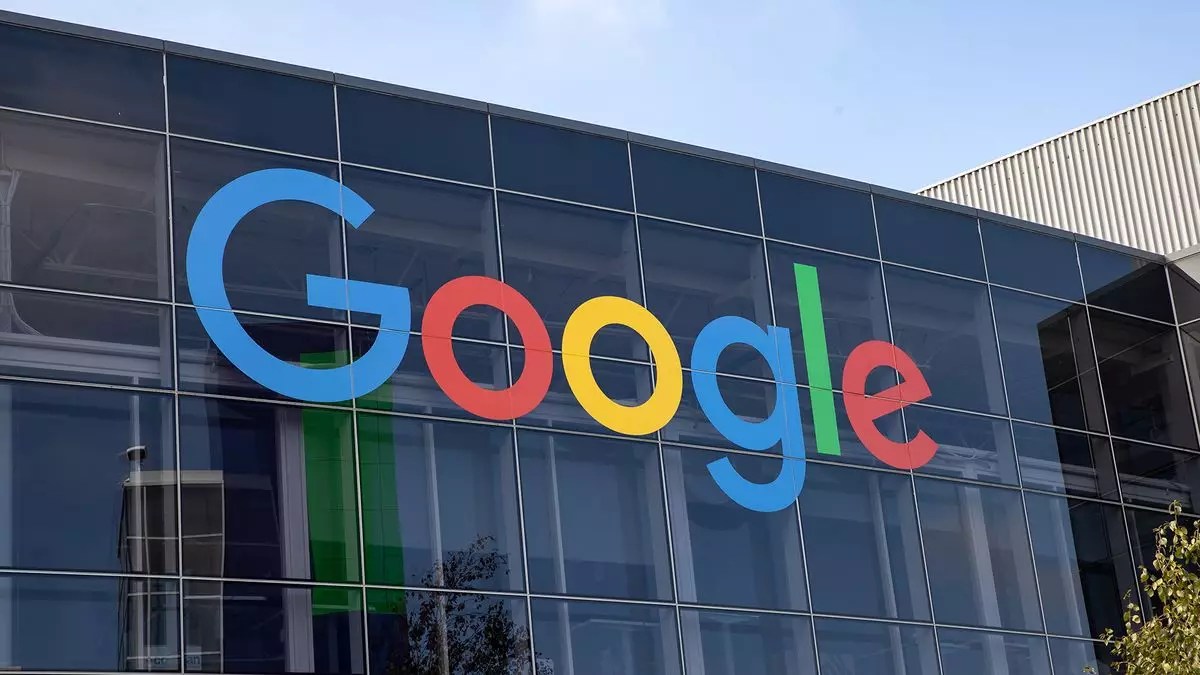In the ever-shifting terrain of technology and competition, the actions of dominant players like Google have drawn significant scrutiny from regulatory bodies around the globe. The balance between fostering innovation and protecting consumer interests is delicate, and recent legal developments reveal the complexities of antitrust laws in the digital age. With a recent court ruling overturning a hefty fine, Google’s legal entanglements showcase not only its market influence but also the evolving interpretation of competition in the tech sector.
In a pivotal recent judgment, the General Court of the European Union overturned a €1.49 billion fine originally imposed on Google by the European Commission (EC) in 2019 for alleged antitrust violations. The ruling was rooted in claims that Google had engaged in practices that stifled competition. Specifically, the EC argued that the tech giant had created barriers for rivals on websites owned by publishers with whom it had exclusive contracts. Google’s “relaxed exclusivity” strategy, which aimed at prioritizing its own advertisements over competing ones, raised concerns about market fairness and consumer choice.
However, the General Court’s decision indicates a nuanced stance. While it upheld significant portions of the EC’s findings, the court also highlighted a lack of concrete evidence linking Google’s actions to deterrents against innovation or direct consumer harm. This distinction is crucial; it suggests that antitrust regulators must not only identify potentially harmful practices but also provide clear evidence of their adverse impacts on market dynamics and consumer experiences. The ruling thus raises important questions about the burden of proof in antitrust cases, urging regulatory bodies to adopt a more thorough evidentiary approach.
Despite this victory, Google’s legal woes are far from over. In fact, the company is bracing for numerous challenges on multiple fronts. Recently, it was unable to overturn a different €2.4 billion fine, which similarly concerns anticompetitive exclusivity agreements. In the United States, the judicial landscape is equally turbulent. A federal judge recently determined that Google had breached antitrust laws, underscoring a growing consensus regarding the company’s expansive control over the digital advertising landscape. The U.S. Department of Justice (DoJ) has intensified scrutiny, articulating concerns over Google’s systematic strategies to dominate crucial advertising technologies.
These developments suggest a critical intersection of regulatory actions across continents. While the General Court’s decision may offer a temporary reprieve for Google, it should not overshadow the significant pressure facing the company from other jurisdictions. The cumulative weight of these legal cases—spanning multiple billions of dollars in fines—reflects an increasingly tense relationship between technology companies and regulators intent on curtailing abusive practices.
The implications of these legal battles extend beyond Google, effecting broader considerations for antitrust regulation in the tech industry. As digital platforms become integral to everyday life, defining fair competition becomes increasingly challenging. The current state of affairs underscores the urgent need for a robust regulatory framework that prizes both innovation and consumer protection. Regulators must adapt to the fast-paced evolution of technology while clarifying legal standards and operational guidelines for dominant players.
Furthermore, the distinction between market influence and consumer impact compels a reevaluation of how antitrust laws are conceptualized. It’s essential that regulatory bodies develop a comprehensive understanding of digital ecosystems, enabling them to balance competition without stifling the innovation that these companies drive. This dynamic interplay between regulation and innovation is where the future of antitrust will be defined.
In the case of Google, the dichotomy presented by recent court rulings illustrates the broader trends at play in the tech industry’s ongoing negotiations with regulatory bodies. As companies navigate a landscape fraught with competition and scrutiny, the outcomes of these battles will indelibly shape the future of technology, innovation, and consumer rights. For now, Google has dodged one legal bullet, but the cacophony of challenges ahead signifies that the tech giant’s troubles are far from over. As regulators sharpen their focus, the stakes are high—both for the companies involved and the users whose experiences hinge on fair practices in the digital marketplace.


Leave a Reply